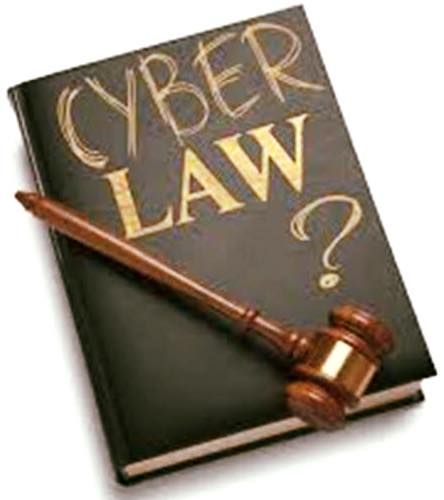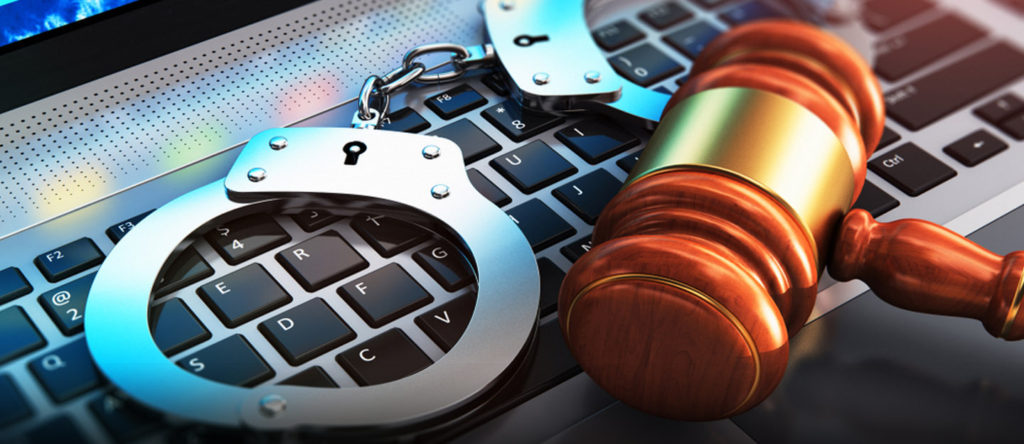
By Mohamed Gibril Sesay
In 1965, the SLPP government of Albert Margai enacted the Public Order Act. That Act was mostly to insulate state officials against persons who might want to use the freedom of Independence to promote a truly deliberative state – a state where a person could talk and critique without fear. The country was to live with the freedom clipping stipulations in that act for 55 years.
It was repealed in 2020. Great news. Euphoria. But the Public Order Act was becoming useless. That was a law for the print age, where the printed information was the prime basis for holding state officials responsible. And that was the law even made criminals out of printers who printing machines printed stories by journalists considered as criminally libelous.

The new information revolution has swept away the print age. Reminds of the theories of the great Canadian communication theorist, Marshall Mcluhan and others about modes of information and how society is – from its legislations to its other dispositions. Is the Cybercrime bill the public order act of the information age?
There are sound arguments that it could well be the case. And it will be more dictatorial than the repealed criminal libel and sedition sections of the Public Order Act. For several reasons: The repealed sections of the Public Order Act targeted print journalists, and the history of its egregious implementation showed that print journalists were its most visible victims. This new bill targets every body, with extensive powers in the hands of state officials to seize this age’s most valuable assets –computers, including lap tops and phones. And doing this for a wide variety of reasons, well for almost everything.

And the Cybercrime bill is more punitive than the Public Act: whereas that act mostly allows maximum sentences of two years; this bills allows persons to be sentenced for five years. And it even makes provision for criminalizing juristic legal persons – and a juristic legal person, for instance could be a political party. There are no exemptions for political parties, electronic or print media houses, or civil society group. For example, should a member of a political party do something and it is found out the political party to which he belongs has not properly supervised the person, that political party – its head, or some other authority in it, could be indicted for committing a criminal offense. The same may be the case for a media house, or civil society group. And there is some sort of mischievous opacity in the bill. Many details and regulations relating to the offenses are not spelt out. The bill says the minister will do that. And those regulations will not go to parliament again, just a few weeks after the minister puts them out, and they become law of the land.
Of course, as usual, the objectives put forward by the state look sound –to fight crime. Great, for yes, crimes of the new age could also be also be offenses committed through computers and phones. And only a fool drowning in his folly would argue against fighting crime. But the bill cedes too much power to the minister of information to draw regulations, and determine punitive measures, it cedes too much power to the police to take away phones and computers; gives too much latitudes to state agents to turn whatever phone of their choosing a ‘crime scene’.

Yes, it seems like the bill prescribes methods through which computers or phones may be seized – a judge must authorize it. But the guarantees the bill gives with one hand, it takes with another : like when it says where a police officer or other authorized person believes that another computer ( different from that whose seizure or search the judge has authorized) contains the information police are looking for, they may move in to seize or break into that other computer. Of course this in real life means all other computer or phone could be taken by a police officer who has a warrant for just a single computer or phone. All that is required is the police officer’s belief.
And that’s the danger; that’s where the potential for misuse looms very large – against every journalist, against every civil society activist, every citizen who uses a phone or computer. That bill is billed to spread fear, to give legal pretext to clamp down dissent, to seize this age’s prized possession. And even to criminalize organizations. The Public Order Act for the print age is repealed; the Public Order Act for the electronic is being enacted.



